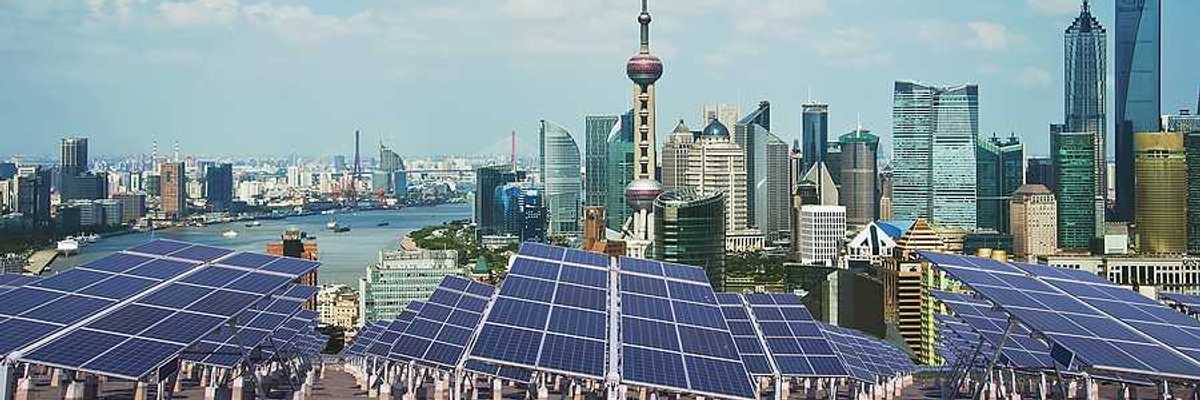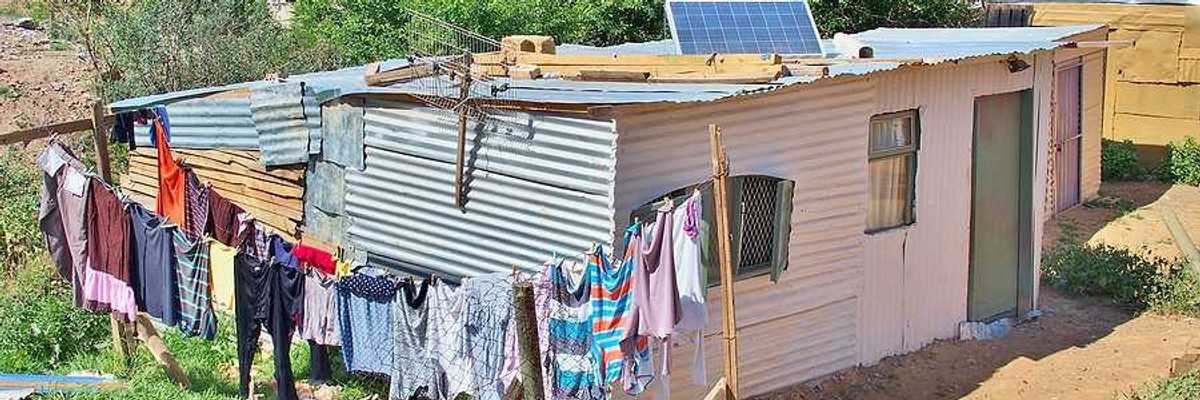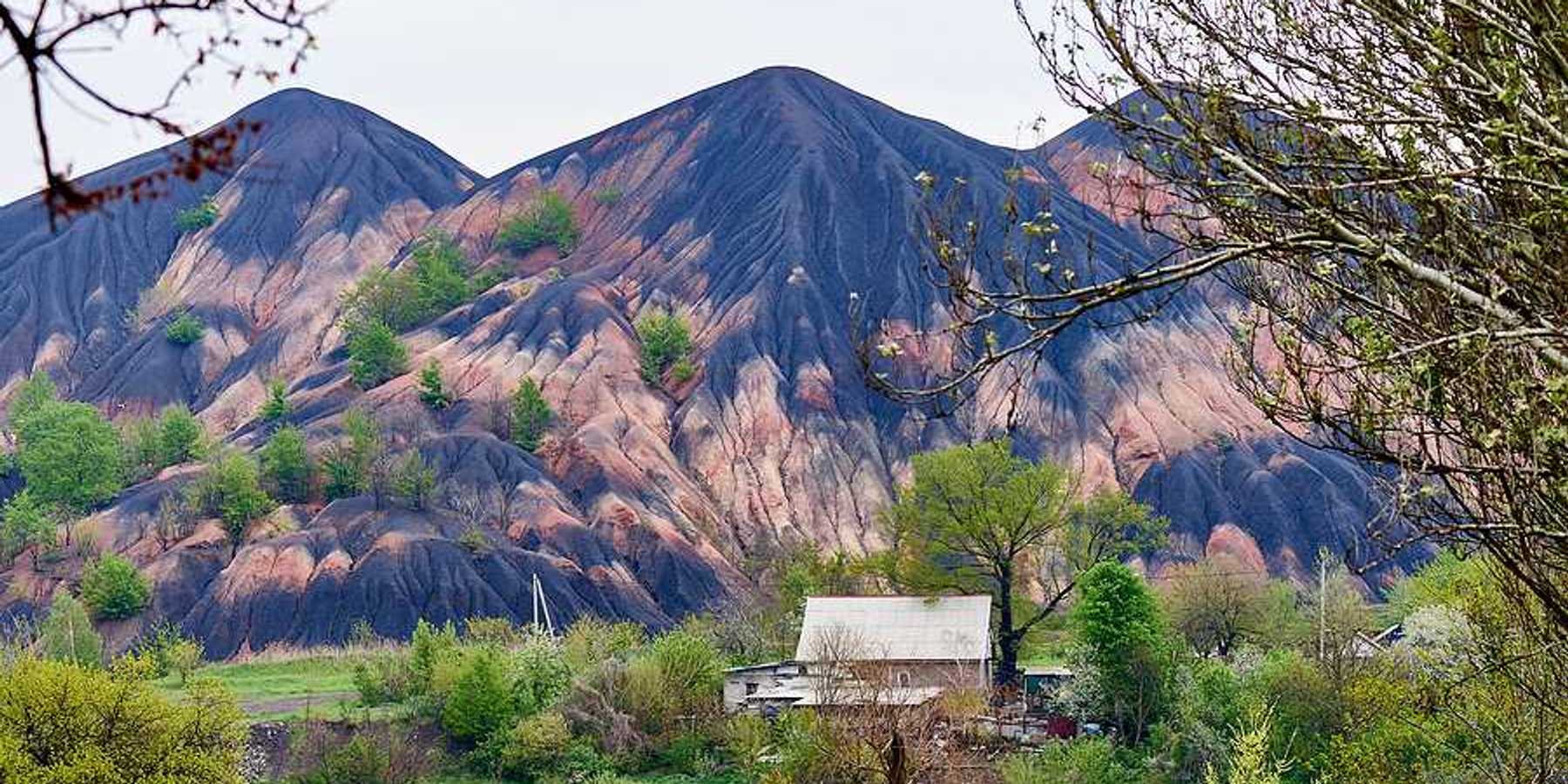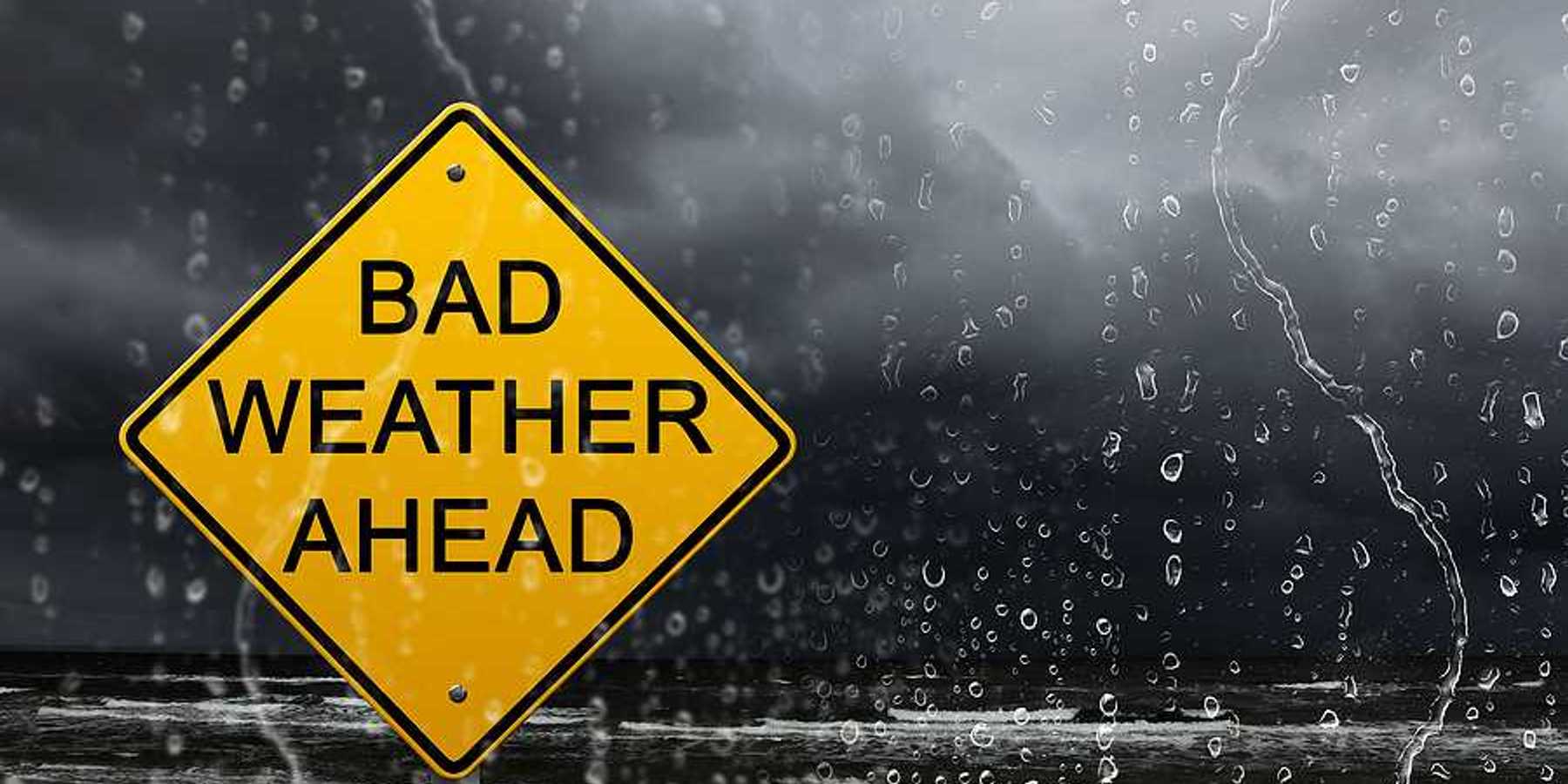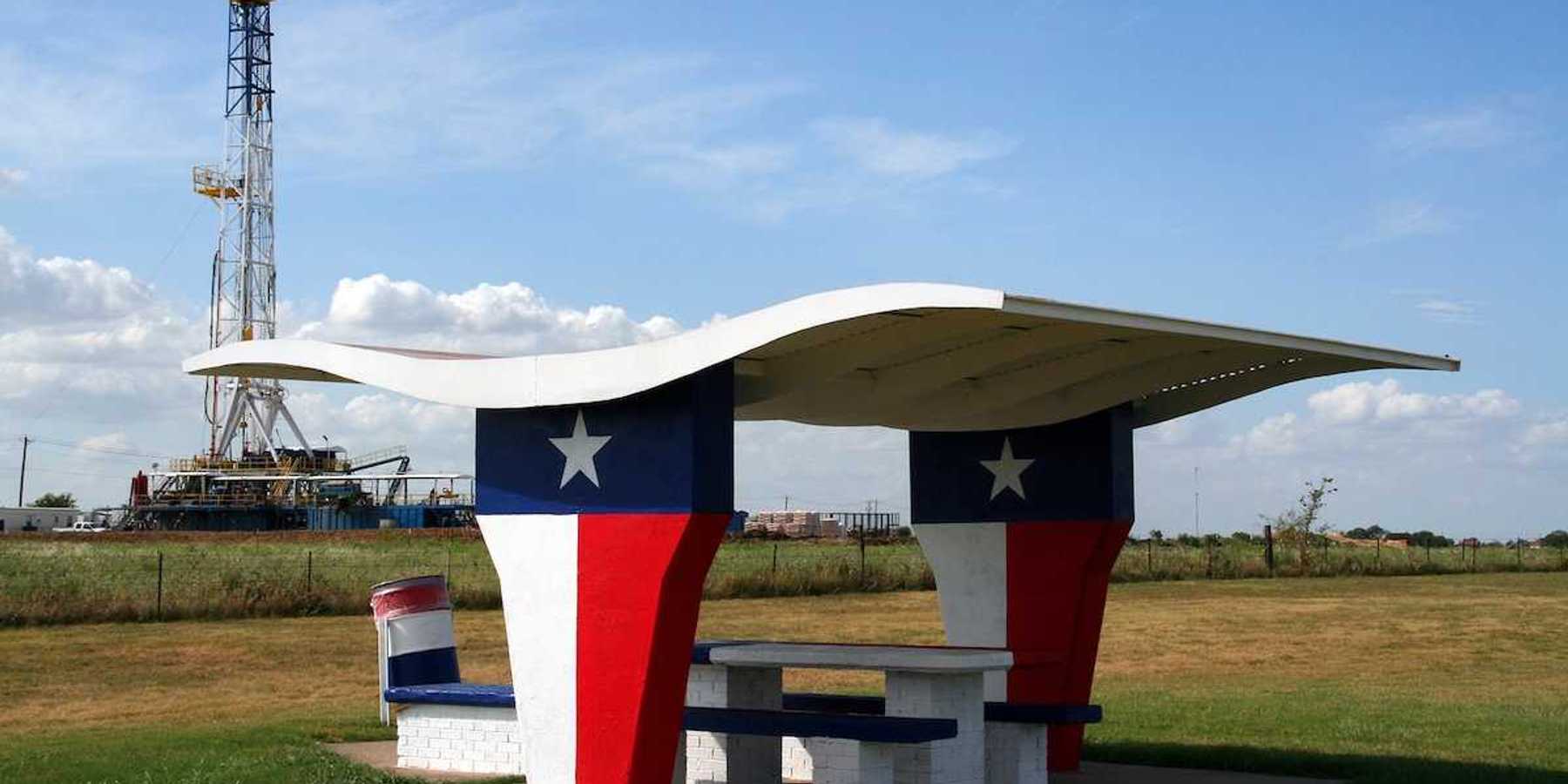inflation
Trump blames Biden for high electricity prices to gain political edge
Former President Donald Trump criticizes President Joe Biden for rising electricity costs, leveraging it as a campaign issue.
In short:
- Trump vows to reduce energy prices and blames Democrats for the current high costs.
- Republicans criticize Biden’s climate policies, linking them to a 20% rise in electricity prices since 2020.
- Experts say short-term electricity prices are more influenced by state regulators and natural gas prices than federal policies.
Key quote:
“They could say we’re just going all in on fossil fuels and to hell with the carbon emissions. That would probably have some effect but relatively small.”
— Severin Borenstein, professor at the Haas School of Business at the University of California, Berkeley
Why this matters:
Electricity prices are becoming a significant political issue, with Republicans using them to attack Democratic climate policies. As energy costs rise, voters may become more concerned about the economic impact of these policies.
Be sure to read EHN’s piece:
The people who supply food in America are facing hunger
Climate change and rising costs are forcing many farmworkers in the U.S. to struggle with food insecurity.
In short:
- Farmworkers like Rosa Morales face extreme heat, low wages, and lack of protection while working.
- Rising food prices and decreased crop yields due to climate change worsen their financial strain.
- Many farmworkers are ineligible for federal aid, leading to reliance on community gardens and food pantries.
Key quote:
“When we talk about supply chains and food prices going up, we are not thinking about the people who are producing that food, or getting it off the fields and onto our plates.”
— Nezahualcoyotl Xiuhtecutli, National Sustainable Agriculture Coalition
Why this matters:
Farmworkers, who are already among the lowest-paid laborers in the country, are bearing the brunt of climate-driven disasters and inflation. Extreme weather events like droughts, floods, and heatwaves are reducing crop yields and disrupting work schedules. This not only diminishes their earnings but also exacerbates the physical strain of their jobs. The rising costs of living, driven by inflation, are stretching their already thin budgets to the breaking point.
Be sure to read:
Climate change will continue to drive up consumer costs
Climate change is already causing price increases on everyday items, and researchers warn it will only worsen, impacting both the planet and the economy.
Sarah Kaplan and Rachel Siegel report for The Washington Post.
In short:
- Rising temperatures are linked to a 1.2 percentage point increase in annual global inflation by 2035.
- Extreme weather events are disrupting supply chains and pushing insurance costs higher.
- Food prices, particularly for climate-sensitive crops like olive oil and cocoa, are especially vulnerable.
Key quote:
“These are really big effects … and they are going to get worse. The clearest way we can limit that is just trying to limit climate change itself.”
— Max Kotz, climate economist at the Potsdam Institute
Why this matters:
From the grocery store to the gas pump, prices are rising, and researchers warn that the situation is poised to get worse. The economic impacts of climate change are being felt in myriad ways, as extreme weather events, shifting agricultural patterns, and disrupted supply chains drive up costs.
Renewable gas proposal by FortisBC falls flat with regulator
In a setback for FortisBC, the British Columbia Utilities Commission has turned down a proposal aimed at pushing renewable natural gas for new buildings, citing unfair cost burdens on existing customers.
In short:
- The plan would have had current FortisBC customers subsidize the higher costs of renewable natural gas for new connections.
- Renewable natural gas is seen as carbon-neutral because it comes mainly from existing emissions sources that are captured and redirected as energy, such as methane from landfills, dairy farms and sewage plants. However, it comes with higher expenses compared to traditional natural gas.
- Despite rejection of the full proposal, FortisBC can still sell and blend renewable natural gas for customers willing to share in the additional costs.
Key quote:
"This is squirrely accounting and BCUC yesterday said we’re not having any of that."
— Eoin Finn, director of research for My Sea to Sky
Why this matters:
Energy companies like FortisBC are under pressure to meet climate targets while keeping costs affordable for customers. The cost of investments in new technologies and infrastructure are significant, and how they are financed varies widely across different regions and companies.
Ensuring affordability of cleaner energy sources is an environmental justice issue. For more, read Kartik Amarnath's piece: How financial institutions engineered climate injustice and the clean energy colorline.
Climate change's impact on prices is more than just hot air
A study reveals the inflationary ripple effects of rising temperatures.
In short:
- A new analysis connects increasing temperatures due to climate change to rising food costs and inflation globally.
- The research projects significant annual increases in food prices and overall inflation rates over the next decades.
- The study by Max Kotz and the European Central Bank examines data from 121 nations, emphasizing the economic repercussions of climate change.
Key quote:
“This is really from my perspective another example of one of the ways in which climate change can undermine human welfare, economic welfare.”
— Max Kotz, Potsdam Institute for Climate Impact Research
Why this matters:
Unpredictable weather patterns such as droughts and floods can devastate crops, reducing supply and causing prices to spike. For many households, especially those in lower-income brackets, food represents a substantial portion of monthly expenses, making any increase in food prices a significant inflationary pressure.
Climate crisis will make Europe’s beer cost more and taste worse, say scientists
The quantity and quality of hops, a key ingredient in most beers, is being affected by global heating, according to a study. As a result, beer may become more expensive and manufacturers will have to adapt their brewing methods.
Spain hit hard by rising price of olive oil as climate change takes its toll on production
Drought and extreme heatwaves have halved Spanish olive oil production. The price at origin has increased by 112 per cent since last year.

